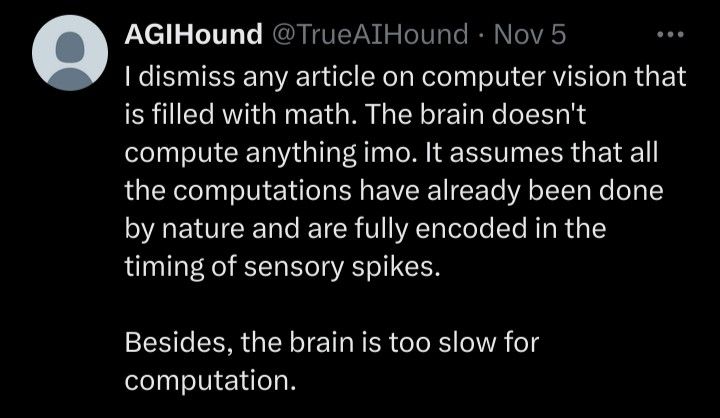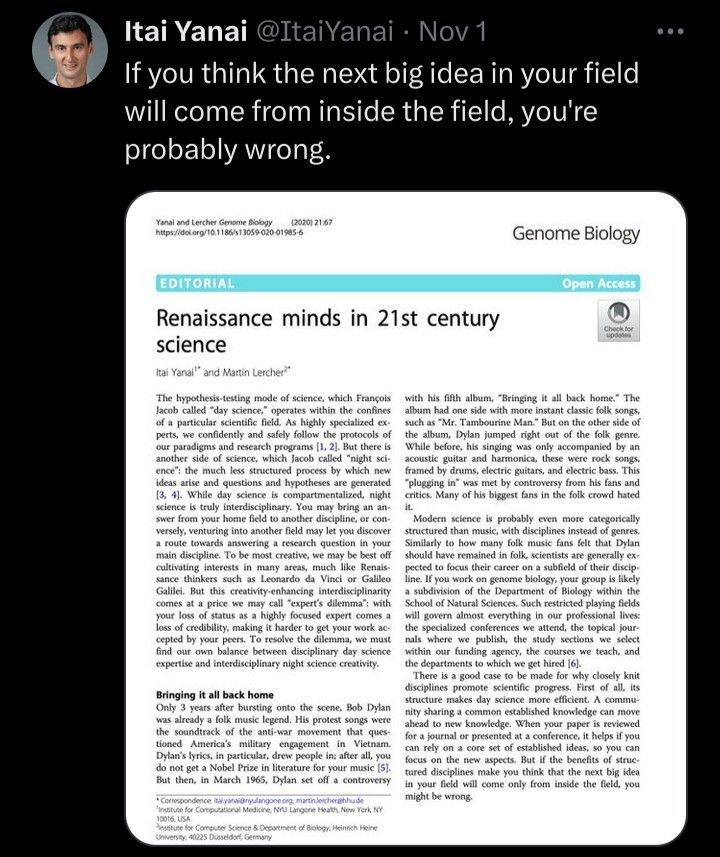The Heart Remembers
-
“ Some recipients develop aversions after obtaining a new heart. For example, a 5-year-old boy received the heart of a 3-year-old boy but was not told the age or cause of his donor's death. Still, he offered the following description of his donor following surgery:
"He's just a little kid. He's a little brother like about half my age. He got hurt bad when he fell down. He likes Power Rangers a lot I think, just like I used to. I don't like them anymore though" [24, p. 70]. The donor died after falling from an apartment window while trying to reach a Power Ranger toy that had fallen on the ledge of the window. After receiving his new heart, the recipient would not touch Power Rangers |24].
Another example comes from a 9-year-old boy who received the heart of a 3-year-old girl who drowned in the family pool. Although the recipient had no knowledge of his donor or how she died, he developed an aversion to water following his transplant. His mother explained, "Jimmy is now deathly afraid of the water. He loved it before. We live on a lake and he won't go out in the backyard. He keeps closing and locking the back door walls. He says he's afraid of the water and doesn't know why"
[24, р. 69].”
Don’t know where this is from, but huge implications for where information/memory is stored — some connections between nodes of energy produce emergent consciousness or sense of self? Need help here! Please reply with thoughts! -
Great topic. I'm going to make one too (need a moment).
The heart is wild. No time like the present to shine some light on it.
-
@highseabasch said in The Heart Remembers:
Don’t know where this is from, but huge implications for where information/memory is stored — some connections between nodes of energy produce emergent consciousness or sense of self? Need help here! Please reply with thoughts!
Also don't panic, chill out. Nobody knows. Or the answers are scattered in journals and artistic metaphors awaiting discernment and distillation. Read up and keep talking, maybe we’ll find out.


-
@ThinPicking We will figure it out!
What is sticking for me is that the alive kid talks about the dead kid like he’s still alive:
“He likes Power Rangers a lot I think, just like I used to.” -
They probably (to me, probably) don't go very far.
Maybe we're all going to the seaside one day. Plenty of work to do in the meantime.
@Peatful said in What do you guys think of Trump now that he won:
What happens to you in the End?
-
@highseabasch that’s the correct way to talk about people imo
-
This post is deleted! -
-
Look up water memory research by Luc Montagnier and Jacques Benveniste. I believe all parts of the body can store the "memory" of the person and past events. The rice and water experiments are pertinent as well, particularly by Masaru Emoto. Water and rice can be programmed by positive/negative words and music.
If water does this, I think it's also possible every material can contain memory of past events. Rupert Sheldrake and his Morphic Resonance theory is an extremely interesting topic to delve into.
-
-
This post is deleted! -
@NoeticJuice said in The Heart Remembers:
In regards to words, I don't think the words themselves matter that much. Sure, words do have their own sounds that could possibly have an effect. But I suspect the thoughts and emotions behind the words, and possibly also the way the words are said (which would also be influenced by thoughts and emotions, or the intent), have a stronger impact.
Incoherence/mismatch between the word and the intent too. Like an act. This is rife in corporate context and practically a form of GBH.
-
@NoeticJuice
Even merely labeling different bottles of rice with different positive/negative words, achieves the same/similar effects as doing it with your voice.
-
This post is deleted! -
@NoeticJuice
I agree. It must have something to do with something with consciousness exercising intent.
The written word just acts as a kind of sigil, the real power coming from the mind.
Exactly. I think spoken words, written words, and symbols are all powerful.
-
@Hearthfire said in The Heart Remembers:
@NoeticJuice
Even merely labeling different bottles of rice with different positive/negative words, achieves the same/similar effects as doing it with your voice.
Did you try it?
-
Possibly all organs/(even tissue?) do. I remember the case of someone who had never eaten at mcdonald’s receiving a transplant of some sort, I think it was stomach or related. after that he would crave mcdonald s food and would go there to eat. It turned out the donor had been a mcdonald’s frequenter even though the recipient didn’t learn of that til after wards
-
@random said in The Heart Remembers:
Did you try it?
random may spend the rest of the day insulting the mother of a rice grain for science.
-
-
Yeah. As does the whole organism it seems:
